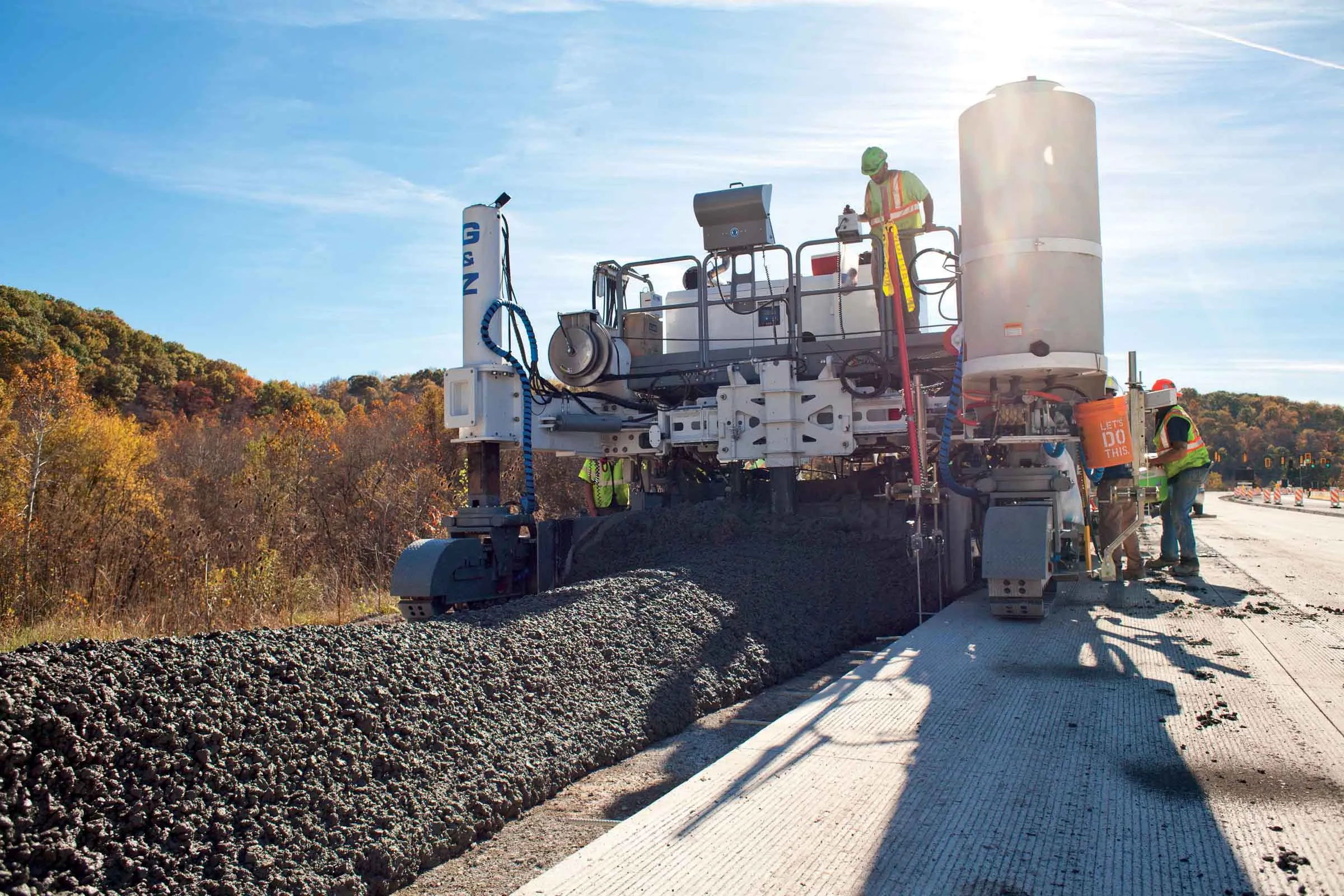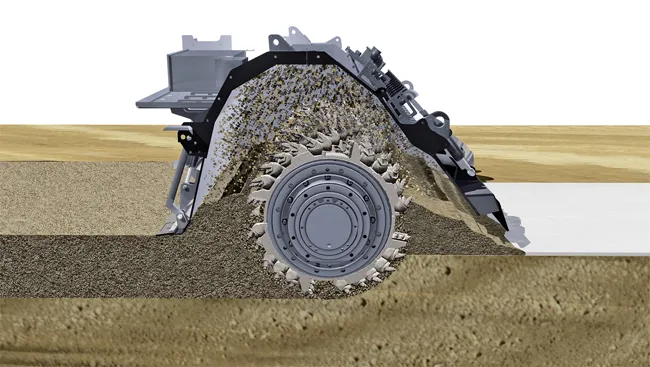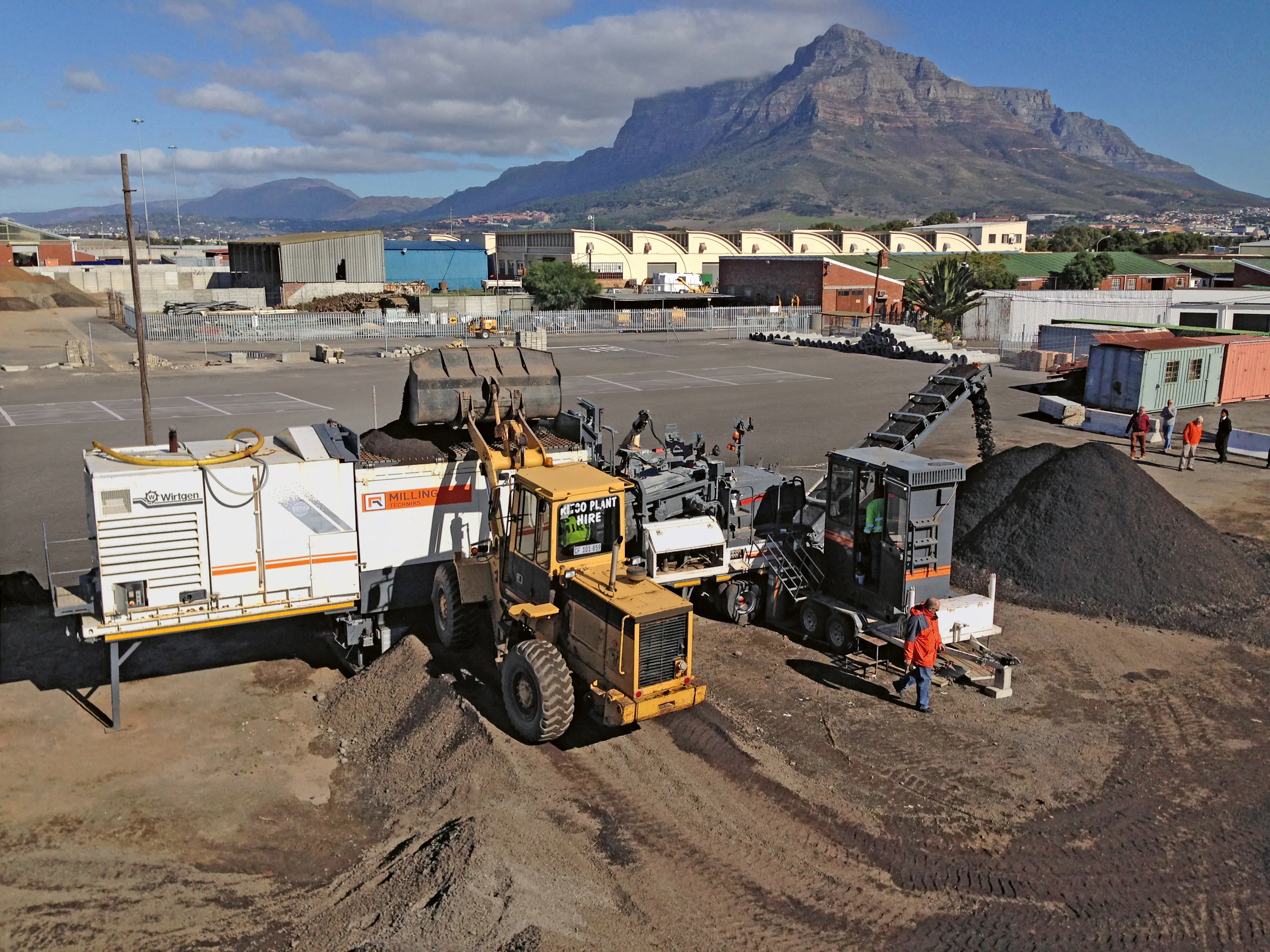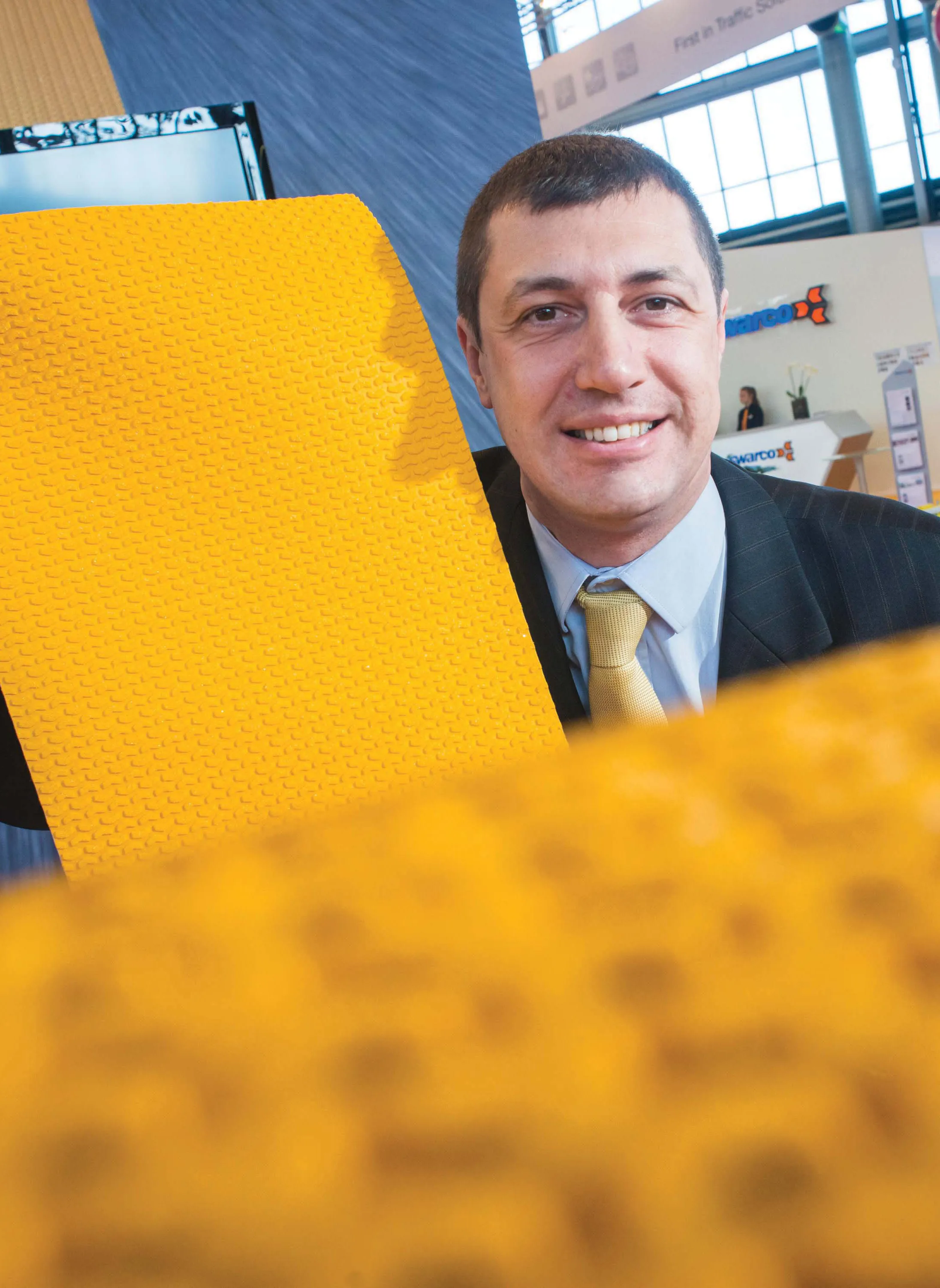German firm Bisotherm is now offering a new product designed to prevent slipping in icy or snow conditions. Called RUTSCHEX PLUS, the product is claimed to be ecologically sustainable as well as highly effective.
February 15, 2012
Read time: 2 mins
German firm Bisotherm is now offering a new product designed to prevent slipping in icy or snow conditions. Called RUTSCHEX PLUS, the product is claimed to be ecologically sustainable as well as highly effective.
This natural grit is said to work reliably even in temperatures as low as -25°C.The product is intended for use in specific areas and applications where rapid and effective action is required with very little impact on material, fauna or flora. The grit agent prevents slippage effectively and quickly in icy conditions through the combination of expanded silicate with a thawing agent. Although thawing and condensation typically form moisture, the firm says that using this product will ensure that any area where it has been applied will not freeze over again. The mix of expanded silicate and thawing agent is sufficient to ensure that only small amounts of the product are needed to prevent slippage.
This allows for the effective combination of economic and ecological concerns.
According to









